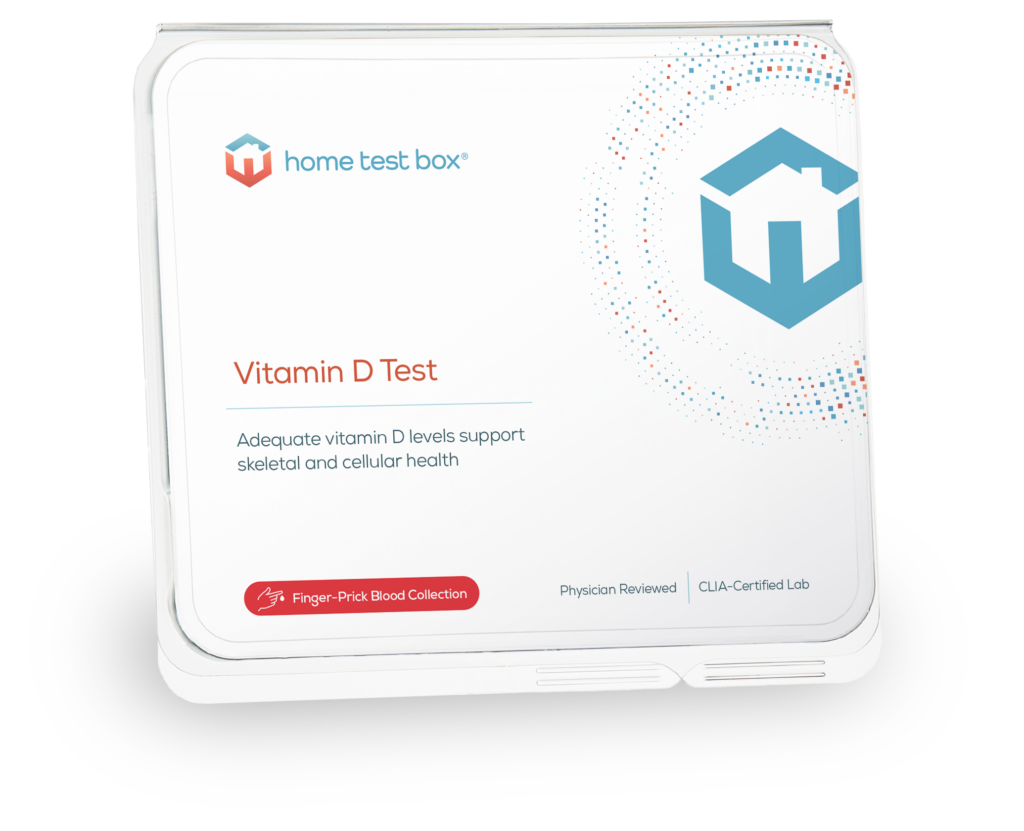Vitamin D, also known as the “sunshine vitamin,” is a fat-soluble nutrient best known for its role in supporting healthy bones by improving your body’s ability to absorb calcium and phosphorus. However, an increasing amount of research suggests that vitamin D also plays a considerable role in many other bodily processes.
What is Vitamin D?
There is a bit of controversy regarding what vitamin D actually is. Some call it a vitamin, which makes sense, given its name.
However, others argue that it’s not a vitamin; it’s a hormone-like substance. This argument stems from the fact that your body can produce it.
Technicalities aside, vitamin D is essential for human survival.
The Prevalence of Vitamin D Deficiency
Over 50% of the general population is vitamin D deficient.
Even those who eat a nutritious diet are at risk of developing a vitamin D deficiency. A few risk factors include:
- Reduced sun exposure. Sunlight is the primary source of vitamin D, so it makes sense that people who work inside and rarely go outside during the day have an increased risk of becoming deficient in vitamin D. Unfortunately, driving or having a view doesn’t count because glass blocks production.
- Lack of vitamin D-containing foods in the diet. There are a few foods that are either fortified with vitamin D or contain the nutrient naturally. Consuming them can improve vitamin D levels.
- Malabsorption syndromes. Conditions like Chron’s disease and celiac disease can increase the risk of a deficiency.
- Race. Those with darker skin have more melanin, reducing the body’s ability to produce vitamin D and increasing the risk of developing a deficiency.
Reasons to Check for Vitamin D Levels
1. Vitamin D may lower the risk of autoimmune disease.
There is an increasing amount of evidence that links vitamin D deficiency to autoimmune disorders, including multiple sclerosis (MS), rheumatoid arthritis (RA), and diabetes mellitus (DM).
Take MS, for example. Vitamin D deficiency has been linked to MS for years. But researchers questioned whether MS caused vitamin deficiency or the deficiency caused MS. The current evidence suggests that low vitamin D may have a causal role in MS. More shocking is that about 40% of MS cases could be prevented by correcting the deficiency.
One study published in BMJ January 2022 found that vitamin D supplementation for five years reduced autoimmune disease by 22%.
“This is the first direct evidence we have that daily supplementation may reduce AD incidence…” said Karen Costenbader, senior author of the study, in an article for the Harvard Gazette.
2. Vitamin D can improve your mental health.
In addition to supporting immune function and reducing the risk of chronic diseases, vitamin D has also been shown to have a positive impact on mental health. A study published in JAMA Psychiatry found that individuals with depression had lower levels of vitamin D compared to those without depression.
Furthermore, the study found that supplementation with vitamin D improved symptoms of depression in those with a deficiency.
3. Vitamin D deficiency is linked to premature death.
Annals of Internal Medicine published a study that links low vitamin D levels to increased mortality. Researchers studied the role low vitamin D levels had in mortality. They found that participants who were vitamin D deficient were more likely to die of any cause than those with normal vitamin D levels.
How Much Vitamin D is Optimal?
Conventional doctors usually use a blood level reference range of 20-50 ng/mL, with the Institute of Medicine (IOM) recommending 600-800 IU per day for most adults.
However, many experts believe these recommendations are too low. For example, Functional Medicine Doctor Mark Hyman believes that the optimal blood level range is 40-70ng/mL.
The amount of supplementation a person needs will depend on several factors, including where they live, how much time they spend in the sun, and what foods they eat.
Symptoms of Vitamin D Deficiency
Vitamin D deficiency doesn’t always present symptoms, at least not immediately. That’s why screening for deficiencies is so important.
Here are a few signs and symptoms you may experience:
- Frequent illness or infections
- Fatigue and tiredness
- Bone and back pain
- Impaired wound healing
- Hair loss
- Muscle pain
- Weight gain
- Anxiety
How to Test Your Vitamin D Levels
Your Home Test Box Vitamin D Test measures the levels of 25 hydroxyvitamin D, or 25(OH)D, in your blood. Testing this form of vitamin D provides the most accurate results.
Are Your Vitamin D Levels Optimal?
Measure your vitamin D levels from the comfort and privacy of your home.






